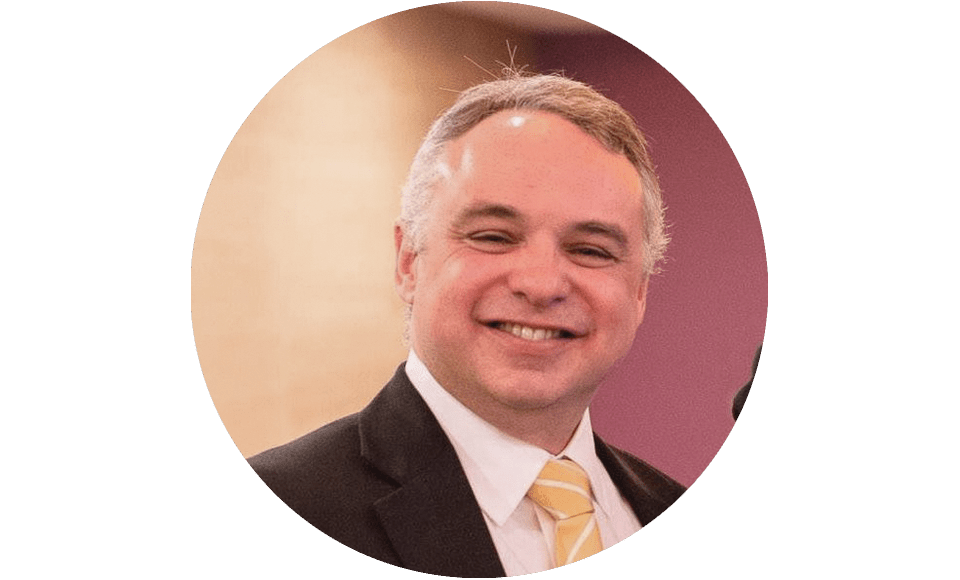Bernardo Ivo Cruz, Conselheiro na Representação Permanente de Portugal junto da UE
Six year ago, the World agreed on a new sheared path for development, encompassing and impacting on every nation – including low, middle and high income countries equally – and on each person. The Sustainable Development Goals (SDG), based on the UN 2030 Agenda, the Paris Agreement and the Addis Ababa Action Plan created a common language and integrated the fundamental pillars of development that have to walk hand-in-hand if we are to deliver on the promises we solemnly agreed in 2015.
On the SDG, we formalised the link between Economic Growth, Social Development and Environmental Sustainability. And the only truly surprising news from the 2030 Agenda is that took us all this time to recognise the obvious: without economic growth, we will not have social development and without social development our economic growth will be limited and unfair.
The third pillar of the SDG is, or should be, undisputed: science tells us that the Planet will not endure a new round of unsustainable growth. We just cannot carry on as if climate change wasn’t upon us. All of us, regardless of where we live.
But those 3 pillars do not suffice and although the traditional approach to the Sustainable Development Goals places Good Governance at a different level then economic growth, social development and environmental sustainability, I would argue that we should consider it when debating sustainable development as well. And the reason is simple: Good Governance in all its dimensions is fundamental to any functioning state and and history is full of tragic examples of state failure. In fact, we cannot deliver development for all, sustainable or otherwise, without Good Government.
Finally, we should also consider a fifth key element for sustainable development. We all remember the 2008 crisis and how Governments had to step in to save the global financing sector from collapsing and dragging the World economy with it. The global financial crisis prompted the Finance Regulation Authorities across the World to take a long and hard look at the way that the finance sector did business and to impose a number of measures to ensure that a crisis of that scale and magnitude cannot happen again. After all, it became only too obvious that a deregulated banking system is a World systemic risk.
But the fact is that the reinforcement on risk assessment that regulators imposed on the financial sector is impacting on the banking sector’s capacity to support and invest in sustainable development relevant projects, for the financial sector is still looking for a formula that will allow to incorporate the SGD into banking risk modelling.
It is true that some elements of the Sustainable Development Goals are already being incorporated, particularly investments on climate change resilience are easy to assess and insurance companies do it all the time, even though are chiefly from a banking rather than a sustainability perspective. But other areas of development, notably those areas more closely related to social development are still very difficult to consider when assessing the risk involved in financing SDG.
We need to look at financing development in a holistic way. On the one hand, by including sustainable development into risk analysis and by blending grants and loans in coordinated funding. On the other hand, we need to revisit the burden of debt in developing countries as key mechanism to generate further financing streams for public policies and sustainable development.
Finally, we need to do it within the joint effort to fight and recover from COVID-19 world impact, where economic growth, social development, environmental sustainability, good governance and financing for development are all integrate parts of “building back better” efforts.
The International Community set an ambitious but clear goal in 2015: that by 2030 we should all live in a World where economic growth, social development and environmental sustainability would be part of an integrate system. To do so, we need to add good governance and sustainable development finance to the SDG’s toolbox.
We need, therefore, to implement the balance between the 5 pillars of the SDG. We need to deliver the collective promise we made in 2015, and we need to do it in a renewed partnership inspired by and based on our common goals and ambitions. A Partnership that is particularly relevant when we discuss a new relations between equals uniting Europe and Africa.
“This text is a short version of the intervention presented on the European Economic and Social Council 7th Meeting of the EU-Africa Network, in representation of the Portuguese Presidency of Council of the European Union.”







